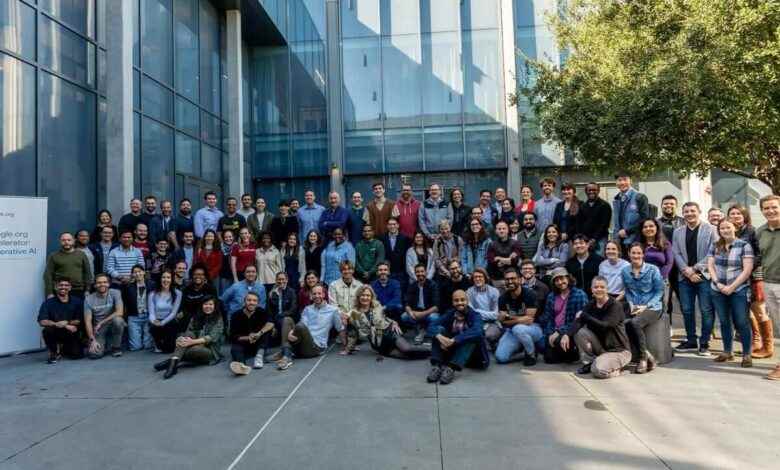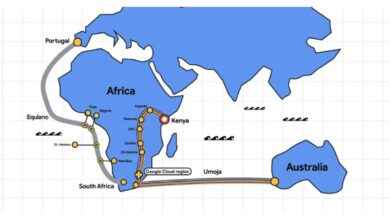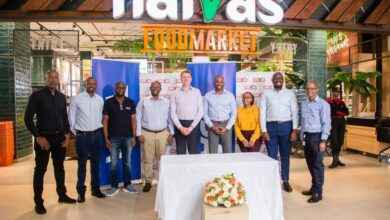
Google has announced the first recipients of its new generative AI-focused funding initiative, the Google.org Generative AI Cohort. Two Kenyan startups, Jacaranda Health and EIDU, are among the 21 global organizations selected to benefit from this program.
There’s currently a rush with generative AI, as firms across the globe are keen to explore its potential to transform industries and societal functions. Google’s initiative aims to tap into this fervour by enabling organisations that harness generative AI for social impact. Generative AI is increasingly seen as a pivotal technology in areas ranging from healthcare to education, poised to revolutionise how services are delivered and enhance their accessibility.
Jacaranda Health is leveraging this opportunity to extend digital health services to underserved mothers, utilizing Natural Language Processing (NLP) trained in African languages to improve healthcare delivery and outcomes. This innovative approach is designed to make healthcare more accessible and effective, particularly in areas where healthcare resources are limited.
EIDU, on the other hand, focuses on education, using generative AI to create personalized tutoring for students in low- and middle-income countries through tailored digital learning tasks. EIDU’s project is particularly critical in regions where educational resources and qualified teaching staff are scarce, providing much-needed support through technology.
The initiative is part of a broader effort by Google.org to support nonprofits that are developing high-impact applications of generative AI. According to Dorothy Ooko, Head of Communications and Public Affairs at Google Africa, “Generative AI can empower social impact teams to be more productive, creative, and effective in serving their communities. We look forward to helping the chosen organizations harness the potential of this technology to tackle some of the continent’s most pressing challenges.”
Joining Jacaranda Health and EIDU in this cohort are a variety of organizations from around the world, each with unique projects that demonstrate the wide-reaching applications of generative AI:
- Tarjimly helps refugees by improving the quality, accessibility, and scale of translation services for low-resource languages using AI-powered tools. This enables better communication and support for displaced populations.
- Benefits Data Trust utilizes Large Language Models (LLMs) to support caseworkers and other frontline workers with an AI-powered assistant to help low-income applicants access and enroll in public benefits, streamlining complex bureaucratic processes.
- Beyond 12 is developing a generative AI-powered College Coach to provide scalable coaching to first-generation college students and those from under-resourced communities, aiming to boost graduation rates and academic success.
- CareerVillage uses generative AI to help underrepresented individuals navigate their career paths, enhancing employment outcomes with AI-driven career coaching. This tool helps users explore potential career options and necessary qualifications.
- Climate Policy Radar is building an open digital database and knowledge graph for climate law and policy, supported by a generative AI-enabled search interface to aid climate leaders in making informed decisions. This tool is crucial for developing effective and sustainable climate policies.
- CodePath offers AI tutoring and mentorship solutions aimed at providing immediate, personalized career support to underserved communities, helping bridge the gap in tech education.
- Full Fact is developing a tool to analyze and summarize large volumes of health misinformation, reducing the workload for fact-checkers and combating the spread of misinformation.
- IDinsight, Inc. in South Africa provides timely, generative AI-powered responses to health-related inquiries, targeting new or expectant mothers.
- Justicia Lab is creating an AI assistant to help immigrants understand and navigate their options for attaining legal status, offering customized guidance throughout the process.
- Materiom is developing a generative AI tool for entrepreneurs to build and test compostable biomaterial recipes, aiming to transform packaging and textile industries into more sustainable practices.
- mRelief assists with the application process for the Supplemental Nutrition Assistance Program in the U.S. using an AI assistant, simplifying and speeding up the application process for users.
- Opportunity@Work analyzes non-degree based qualifications to boost employability for individuals Skilled Through Alternative Routes, helping employers recognize valuable skills outside of traditional academic credentials.
- Partnership to End Addiction enhances addiction support services using AI to develop training simulations and quality assurance tools, improving the effectiveness of interventions.
- Quill.org provides AI-powered feedback on writing and reading comprehension, saving teachers hours and improving student learning outcomes by providing real-time feedback and assessments.
- Tabiya offers generative AI tools for jobseekers in low- and middle-income countries, aiming to improve job matches and promote gender equity and higher incomes through tailored career advice.
Each of these organizations, alongside Jacaranda Health and EIDU, exemplifies the innovative use of generative AI to address specific social challenges, reflecting Google’s commitment to fostering technological advancements that are not only pioneering but also deeply beneficial to society. The success of these initiatives could set a new standard for how technology is used to address global issues and improve the quality of life for people around the world.












